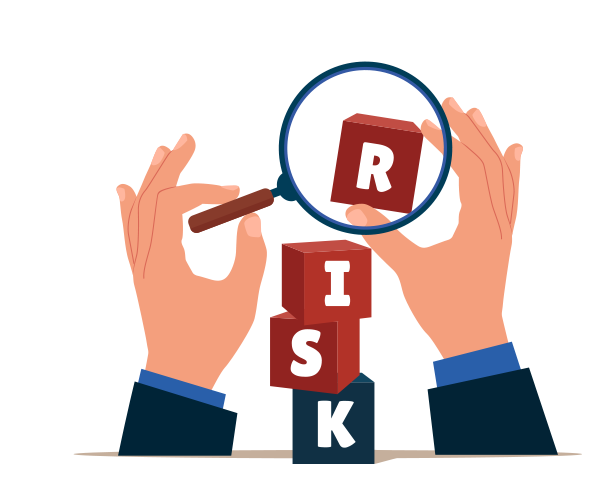The factors related to China's strong monetary and fiscal stimulus are aimed at addressing its economic challenges. In the near term, we have seen some allocation shifting to Chinese markets, which was funded by selling India. However, for now, it seems tactical as the Chinese market is extremely cheap compared to India, and thus the sustainability of this trend depends on various factors. Broadly, we believe India will remain strong amid various global economic uncertainties, and over time, investment flows should remain robust.
It's important for investors to reduce their return expectations and not get carried away by the abnormally strong returns achieved in the last two years.








